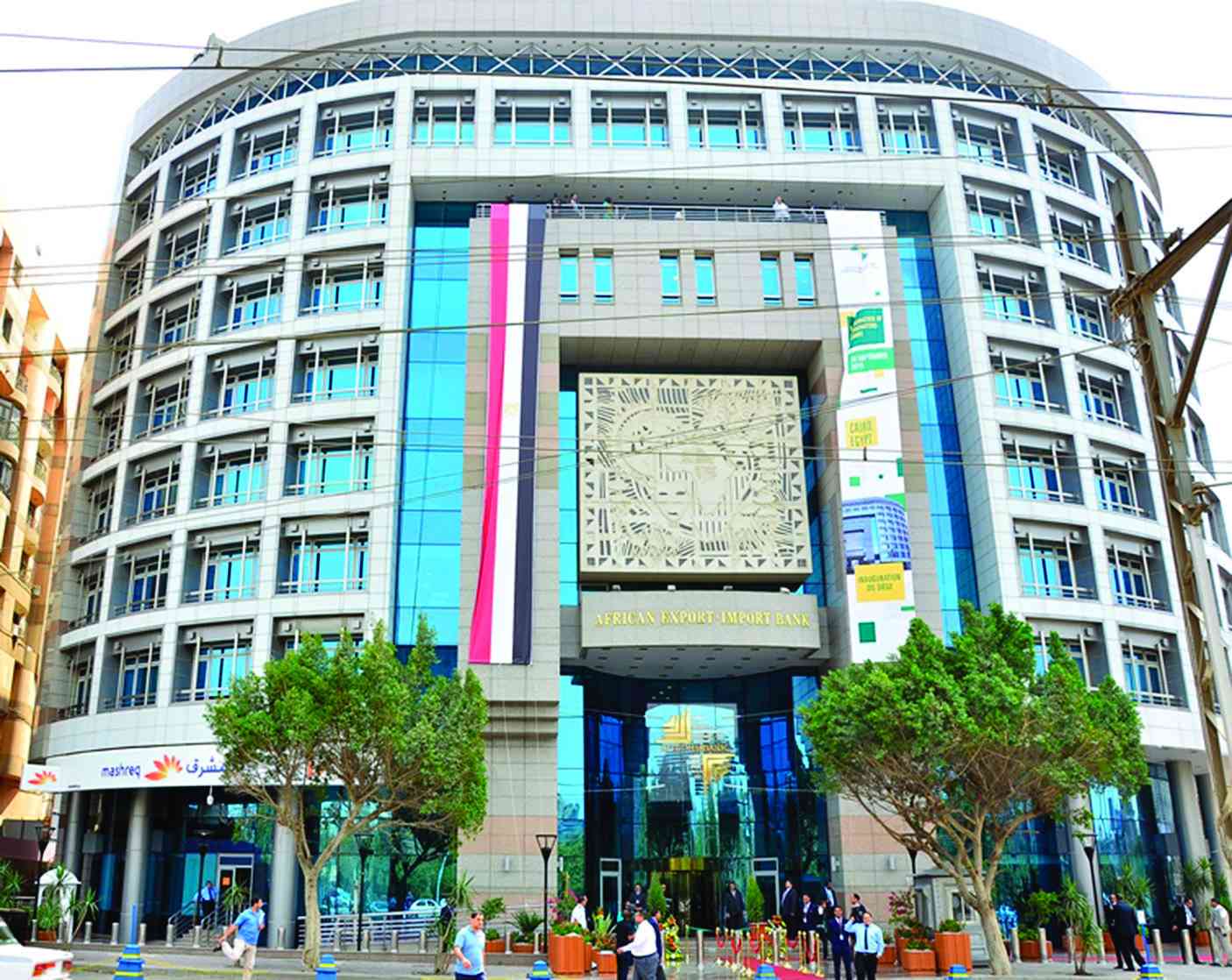
A new report by Afreximbank has revealed that global shocks have put a strain on African economies, highlighting the need for structural transformation and institutional strengthening.
Despite Africa’s growth resilience, the report urges prudent policy measures and strategic interventions.
The report was released during the lender’s annual meetings and the Afri-Caribbean Trade and Investment Forum on Wednesday.
“Despite Africa’s strong and robust growth resilience exhibited, the recurring global shocks have stretched the economic foundations and structures of many African nations, underscoring the urgency of structural transformation of these economies and institutional strengthening on the back of deployment of prudent policy measures and strategic interventions,” Yemi Kale, Afreximbank group chief economist, said in a note accompanying the report.
“The urgency of institutional strengthening and infrastructure development across the continent was further amplified in the heat of the pandemic downtown where the continent’s institutional and infrastructural capacities were exposed.”
The report noted that African economies have been fighting an economic impasse, including payment difficulties and the ongoing crises, which have made it harder for them to pull free.
These challenges, which include those related to economic and financial conditions, have compelled many of the countries to resort to financial aid, which is only given under specific guidelines.
“This conditionality has affected the economic environment of these nations, leading to sluggish economic growth in periods of global economic shocks,” it noted.
- ‘Global shocks stretching African economies’
- Intra-African trade up 12% on free trade area
Keep Reading
“Africa’s growth has been challenged by other exogenous and endogenous factors. For instance, most African economies rely on external funding in the form of borrowed capital, as well as export revenues, the level of which is determined by global market conditions. The extension of credit used to finance productive activity is frequently reduced when total credit expansion is restricted to maintain macro-economic equilibrium.”
In addition, since 2000, Africa’s rapid economic expansion has paralleled a global surge in commodity prices.
Interruptions in supply have affected commodity prices globally since the end of the previous super-cycle during 2014 to 2016.
Most recently, declining energy investment, disruptions to supply chains and trade hubs, and the Ukraine crisis have caused volatility in global commodity prices.
“To encourage sustainable economic growth in Africa, African governments should develop a framework of policies that looks to increase the countries’ overall economic performance by reducing and containing inflationary pressures, increasing domestic savings to GDP (gross domestic product) and private sector investment, restructuring public expenditure, and improving export performance (particularly oil-exporting countries),” the report said.
“In this regard, it is imperative to undertake measures and adopt policies aimed at increasing per capita real GDP growth rates significantly and consistently.
“To completely restore and solidify macroeconomic stability, governments must also continue to enact sound macroeconomic policies. At the same time, most African nations ought to advance more decisively, and on a more sustained basis, to implement growth conducive structural reforms.”
Although the nature and intensity of the shocks that Africa encounters vary greatly, the report said there was some evidence that specific economic factors are associated with resilient outcomes across a range of economies.
As such, strengthening the overall growth resilience of Africa entails acting on both exogenous and endogenous factors to withstand shocks, including reducing macro-economic vulnerability to shocks and improving the institutional and governance framework.
The three-day meetings are running under the theme “Owning our Destiny: Economic Prosperity on the Platform of Global Africa.






